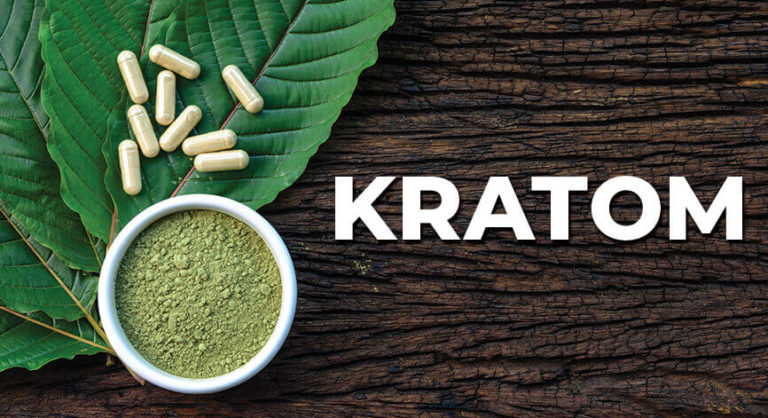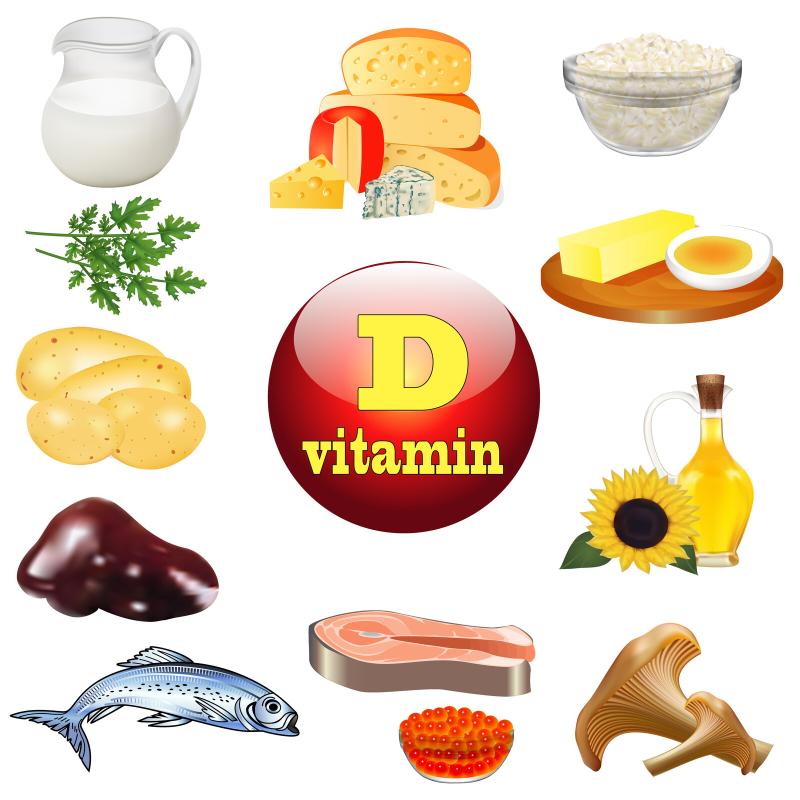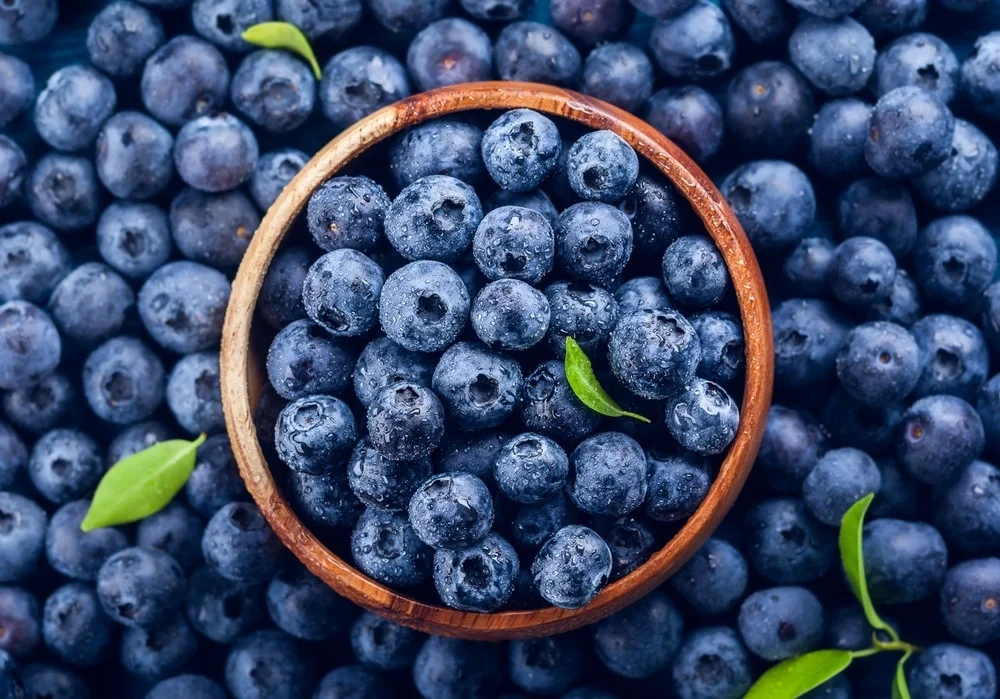Whenever we experience muscle spasms, stiffness, or soreness, many of us will often head straight to over-the-counter drugs. And while they can help alleviate the pain temporarily, synthetic muscle relaxers don’t tackle the issue at the core and may even provoke dependency and addiction problems down the line. In contrast, using natural remedies yields far better results for treating localized muscle pains and minimizing any undesirable side effects.
In that spirit, here’s a list of 8 of the most effective natural ingredients that promote muscle relaxation.
1. Arnica
Arnica is a plant that’s commonly used in anti-inflammatory remedies, whether in the form of creams, ointments, or oils. It contains high concentrations of thymol, a phenol that acts as a vasodilator to facilitate blood transport throughout the body and aid the healing process. Also, the plant has been shown to boost the production of white blood cells that can evacuate any excess fluids in muscle, joints, and damaged tissues. Arnica is especially favored by athletes to treat sports-related pains and injuries.
2. Kratom

Perhaps one of the lesser-known natural muscle relaxants on this list, kratom is a tropical tree native to South East Asia. Its leaves are rich in active substances popularly used as a stimulant and sedative. Among its variety of applications, the wellness experts at https://kratomconnect.com/ explain that the plant can effectively alleviate chronic pain, digestive ailments, and even help with opiate withdrawal. Whether you want to consume it as capsules or powder, with some research, you’re bound to find a licensed and reliable online supplier.
3. Magnesium

Magnesium is vital for optimal health and well-being. In fact, an adequate daily intake of this mineral is essential for proper muscle and nerve function. It also plays a role in optimizing muscle contraction. In contrast, a magnesium deficiency often results in tremors, muscle spasms, and poor coordination. Studies have established that people who consume enough magnesium as part of their daily diet are significantly less likely to suffer from muscle ailments. The richest foods in magnesium include cashews, almonds, spinach, and black beans.
4. Vitamin D

If you regularly experience muscle pains, spasms, and cramps, it might be that your body is lacking the vitamin D it needs. This natural substance has been shown to play a major role in maintaining healthy muscles and promoting its growth. While it can be found in eggs, fish, milk, and many people chose to fulfill their vitamin D intake with supplements in the form of tablets, capsules, or liquids. In case you were unaware, getting regular sun exposure is another great way to get a vitamin D boost!
5. Cherries

Aside from their sweet and tart deliciousness, cherries pack a good deal of antioxidants and anti-inflammatory compounds that naturally help the muscles loosen up and relax. As such, consuming whole cherries or tart cherry juice before and after exercise, whether it’s cardio or weight lifting, can help reduce the intensity of post-workout pain and promote great muscle recovery.
6. Blueberries

In the realm of fruits, blueberries are the kings of antioxidants. Coupled with high polyphenols concentration, they have excellent anti-inflammatory properties. Research shows that athletes and runners who regularly consume blueberry smoothies as an exercise drink can benefit from a performance boost, decrease markers of inflammation, and encourage muscle regeneration post-effort. Blueberries are also appreciated for their power to ward off free radicals and oxidative stress.
7. Capsaicin
If you’re a fan of spicy foods, you’ll be pleased to know that capsaicin (the agent that makes peppers, hot to the taste) is a proven and acclaimed natural muscle relaxant. It provides effective pain relief for people suffering from fibromyalgia and rheumatoid arthritis. Notably, capsaicin creams can be applied to the affected area to relieve muscle pain and spasms. That said, it has shown better effectiveness when included directly into the diet, with chili and cayenne pepper or in capsule form.
8. Cannabis Oil
Last but not least, beyond the controversy surrounding cannabis use as a recreational drug, cannabis oil can be used as a natural for common muscle ailments. The cannabis plant contains delta-limonene and beta-myrcene, both very potent anti-inflammatory compounds also found in citrus fruits, basil, and lemongrass. This helps treat common forms of chronic pain and is effective for muscle relaxation.
At the end of the day, we can safely rely on what nature has to offer to help treat muscle conditions, from fatigue to soreness and spasms. Given the recent trend for organic products, people are gradually moving away from pharmaceutical drugs to reap the benefits of all-natural remedies. Ultimately, some online research and a consultation with a holistic expert should help you find what you need to relax your muscles and enjoy a pain-free life


